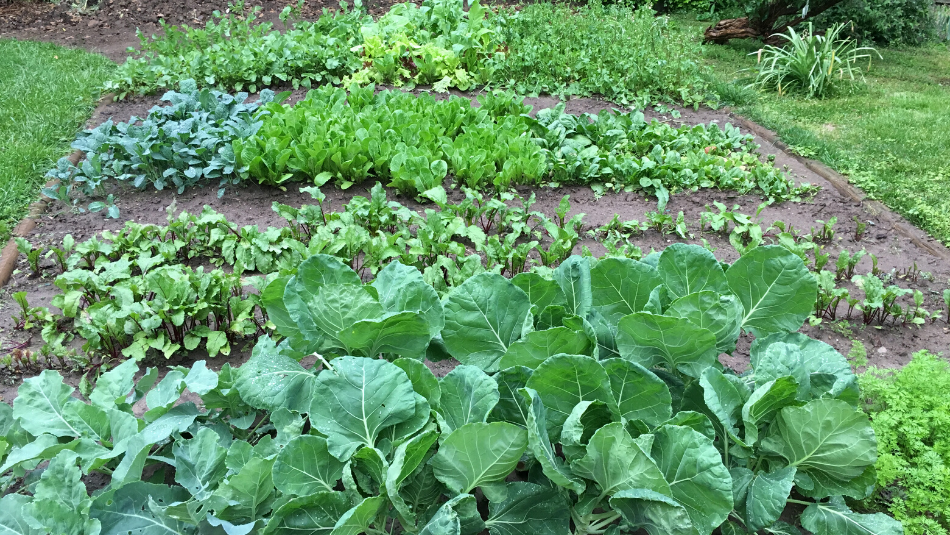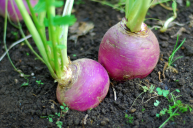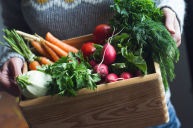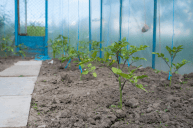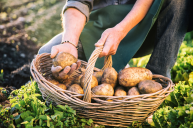The best thing about summertime is meals made entirely from things you just pulled from your garden. Bowls of sliced cucumber, tomato pie, fried okra, corn on the cob, all followed by cold watermelon — the summer vegetable and fruit harvest is the best.
Videos by Wide Open Country
Sure, you can buy summer vegetables from a local farmer's market — support your local farmers, folks — but you can also grow your own fruits and veggies at home. Growing food at home makes you more aware of the food production process, which ultimately shows the importance of regenerative agriculture and sustainable farming.
Farmer Lee Jones of The Chef's Garden, a 30+ year-old farm that provides fresh produce to chefs, champions regenerative and sustainable practices in his farming because he knows the benefits of growing food without all of those pesticides and chemicals.
"For the last 40 years, our focus has been on selecting varieties with flavor and growing in a way that was chemical free and just really trying to think more regeneratively in the old days," said Jones.
This is why growing your own food is so important. Not only will harvesting your own summer vegetables save you money, but they will also be much healthier and more nutritious for you and your family.
"From 1920 to 2020, the nutritional level in vegetables has gone down by 50% and it's continuing to go down at an increasing rate. It's because of the way we're farming and we keep pouring in synthetics to produce the food."
Planting a garden is much more than just dropping some seeds in the ground, walking away, and only returning when the fruit and veggies are ready for harvest.
"I like to compare a garden to a relationship," Jones said. "If we're not putting anything into the relationship, we're not going to get much out."
Not only will planting a garden bring you more in tune with the rhythms of agriculture, but growing your own produce is a great way to have some creativity in the kitchen and redefine your relationship with those yummy summer vegetables.
"Every single stage of a plant's life offers something unique to the plate, but we've been so conditioned that...a vegetable is supposed to be a certain size or shape."
Starting out planting a new garden can be daunting, especially because the veggies won't always look like you expect — but you can be sure that their taste will be sublime.
Now, the only thing left to do is create your garden.
Jones recommends dividing your vegetable garden into thirds and rotating crops based on the season while at the same time utilizing cover crops like rye and buckwheat.
What you plant in your garden, though, will depend on where you live and where or how big your garden is. Parts of the country are used to hot summers, which affects what kind of vegetables you can grow well. Plus, how much sun and rain your garden gets means certain vegetables will grow better than others. If you have a huge yard, you can probably grow everything on this list, but if you only have a patio or a small space, you might have to prioritize your fruits and veggies.
No matter what you do, just be proud you're planting a garden.
"I think that people are recognizing that it's imperative to be able to have small family farms and gardens...You know, there's so much to being able to have a community that can take care of itself," Lee said.
Now, it's time to put on your gardening gloves and choose those delicious summer vegetables! If you're looking for some advice on which summer veggies to plant, you've come to the right place.
Tomatoes
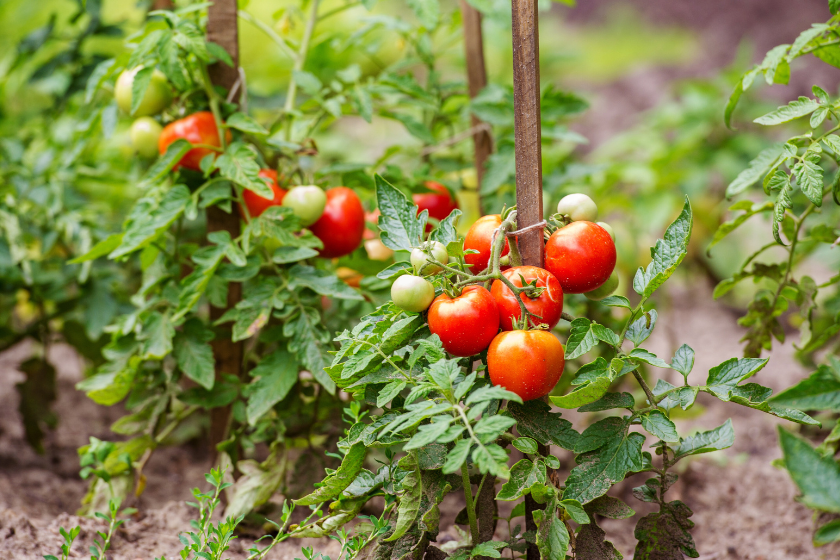
iStock/Getty Images
Tomatoes are the queen of the summer vegetables, especially in the South. Nothing tastes like a tomato fresh from the garden, whether it's in your summer salad or sandwiched between two slices of white bread with mayonnaise.
You can plant tomatoes in a container garden, but you'll need some kind of trellis or stake to support taller plants. Tomatoes need a lot of full sun, and it's best to plant them as soon as the weather is warm enough, though you won't see a full crop until later in the summer.
Zucchini and Summer Squash
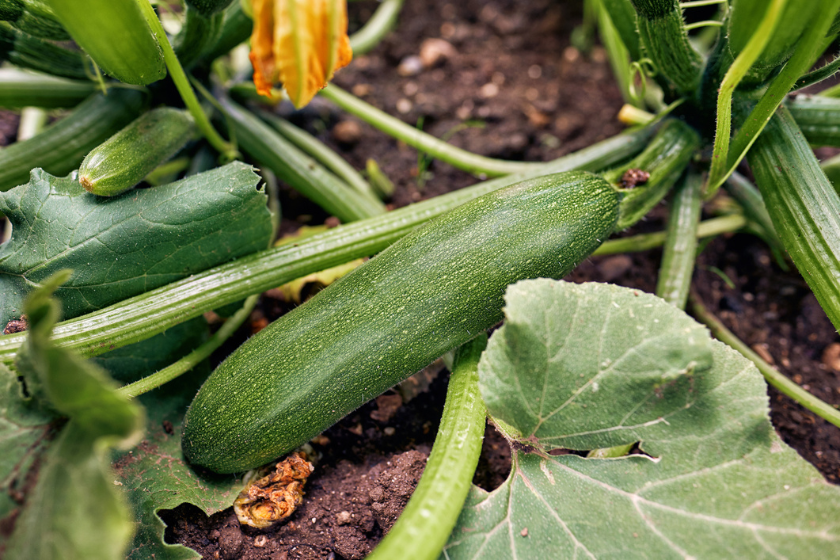
iStock/Getty Images
No self-respecting summer vegetable garden would skip summer squash. It's so easy to grow and usually produces a genuinely amazing amount of produce.
Plant in well-drained soil and give them plenty of sun and consistent watering.
Peppers
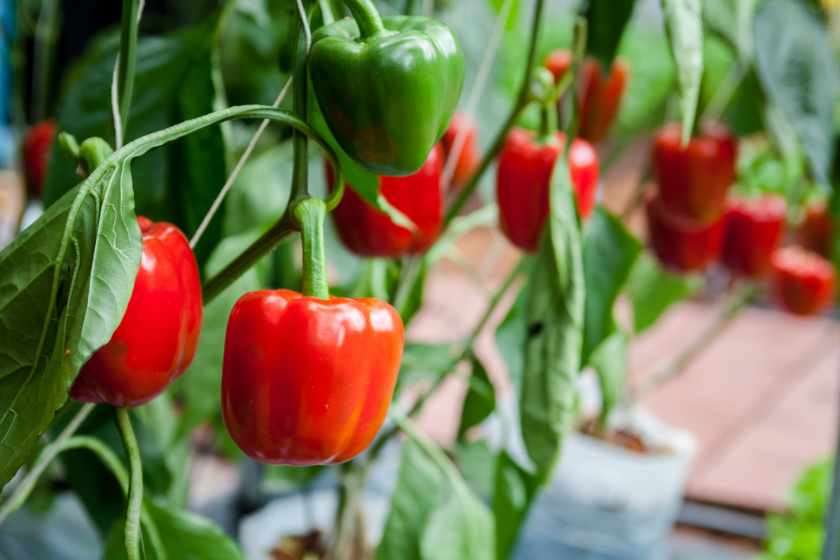
iStock/Getty Images
By peppers, we mean both hot peppers and bell peppers.
Peppers are another great container gardening plant, but they also grow well next to tomatoes and eggplants because they need similar growing conditions: full sun, rich soil and consistent deep watering.
Growing plants with similar needs together folds right back into Jones' regenerative agriculture philosophy.
Okra
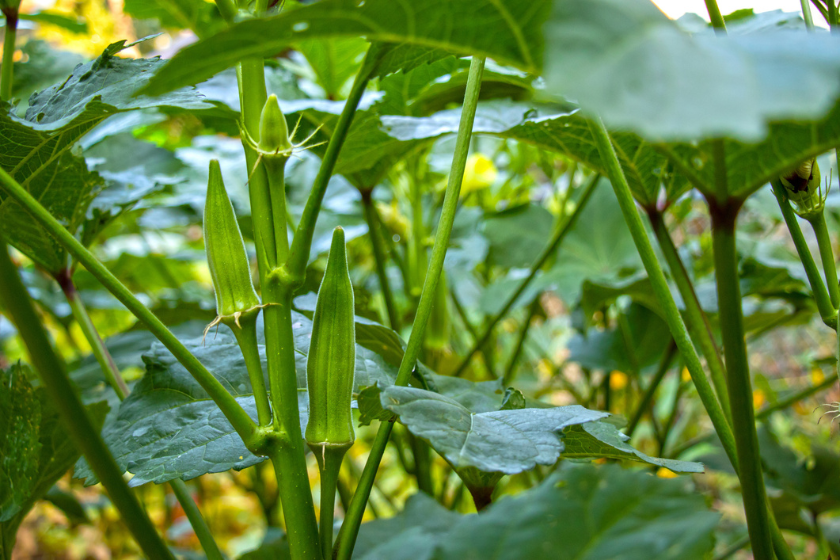
iStock/Getty Images
Okra loves heat and can handle dry conditions; it's a perfect summer vegetable.
It's also one vegetable that doesn't last long in your refrigerator, but that's okay because you can harvest it every other day or so and have crispy fried okra whenever you like. Okra also freezes well.
Cucumber
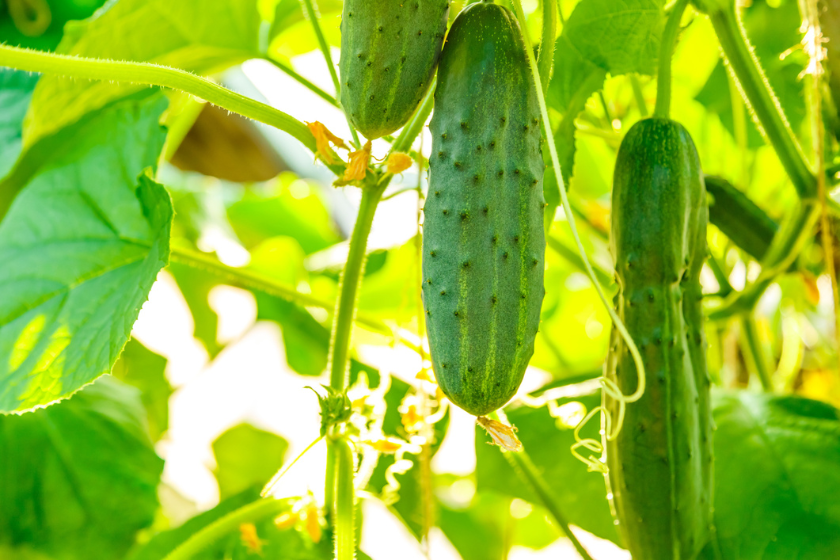
iStock/Getty Images
The cucumber is another must-have veggie for your summer garden.
You can grow different varieties, some for slicing and some for pickling. Plant cucumbers in full sun and water regularly. They'll grow better supported by a trellis.
Eggplant
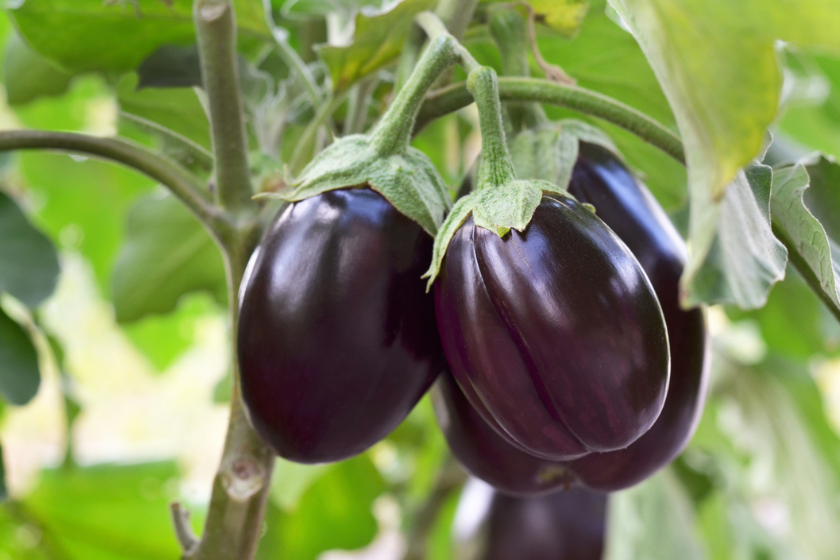
iStock/Getty Images
Eggplants love summer.
Wait until at least three weeks after the last frost to plant them. The roots of the plant do best when they stay moist and cool, so make sure you plant them in soil that stays well drained and add mulch to keep moisture in.
Snap Beans
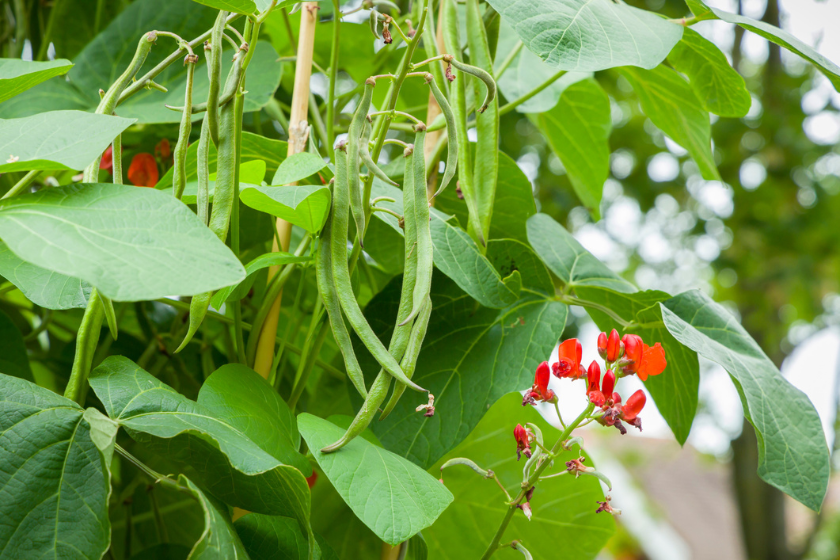
iStock/Getty Images
It wouldn't be summer without sitting on the porch or in the kitchen going over a colander of snap beans — or green beans, if you've never had the joy of pinching off the ends and snapping them before cooking.
Snap beans are either pole beans or bush beans based on how they grow. Pole beans need some kind of support. Don't start the plants indoors. Plant the seeds directly in your garden once the soil reaches at least 60 degrees.
Sweet Corn
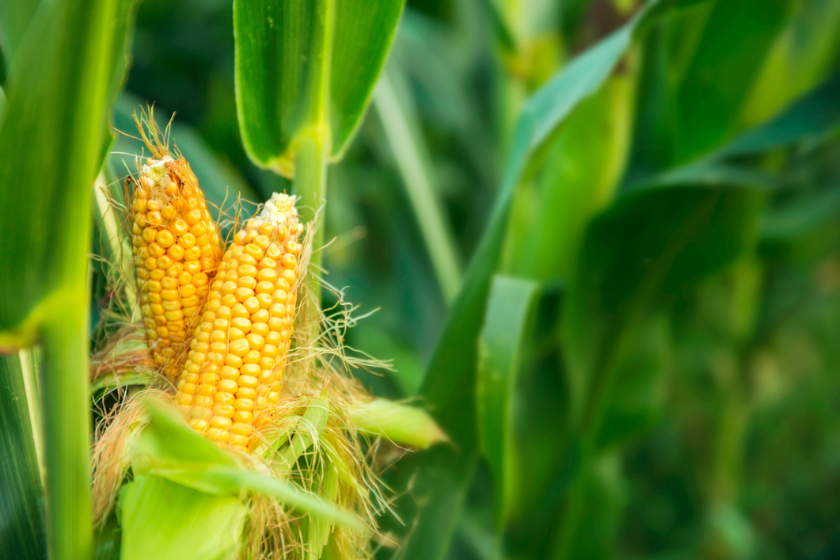
iStock/Getty Images
Corn is another quintessential summer vegetable. If you have the room and the patience, you should plant corn. Don't start the corn plants inside— you'll need to plant the corn about a foot apart in your garden after the soil is warm (at least 55 degrees) and then water it regularly. Plant in squares, not just long rows, since corn is pollinated by wind. It grows well with squash and beans.
Sweet Potatoes
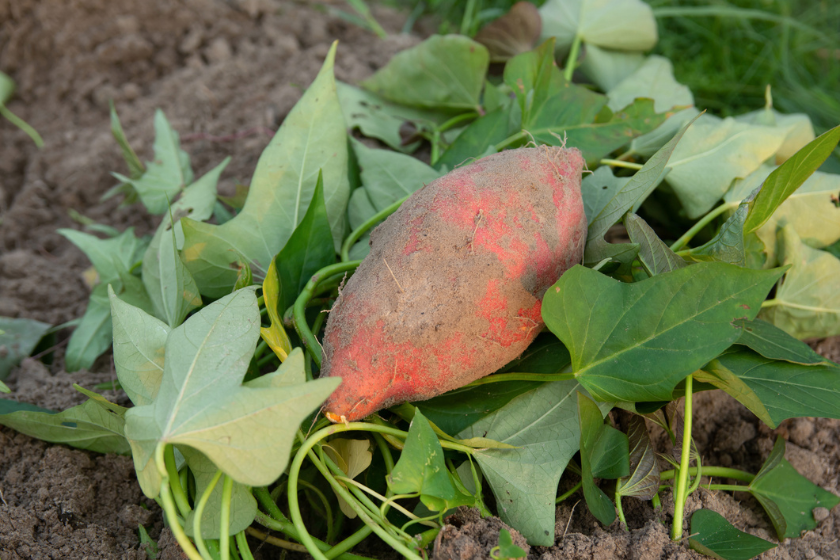
iStock/Getty Images
Sweet potatoes are definitely a summer vegetable. They love heat and sun, so when your garden warms up, that's the time to plant.
Start your sweet potatoes from slips — you can propagate your own, or buy them from a nursery — and then plant the slips when the soil is around 70 degrees. The plants produce pretty vines that spread out over your garden, so be careful what you plant next to them.
Melons
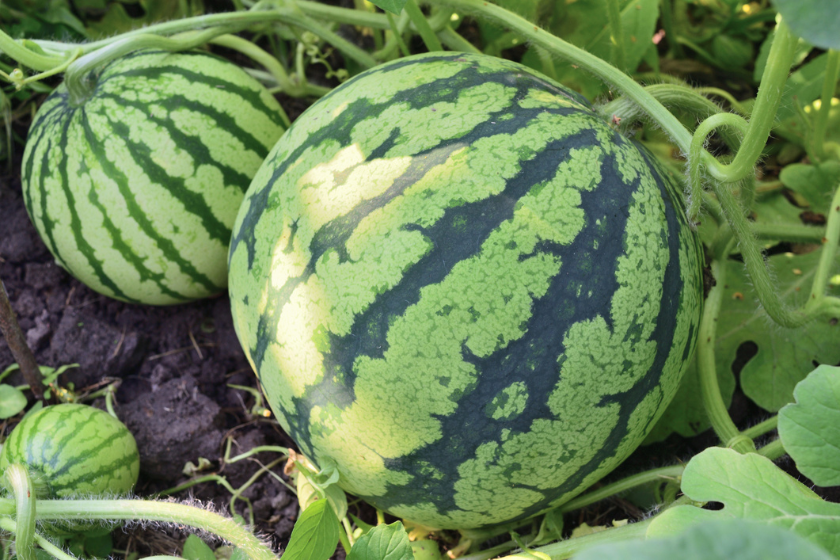
iStock/Getty Images
Okay, so technically cantaloupe, honeydew and watermelon aren't vegetables, but it wouldn't be a summer garden without at least one of these fruits. Plant melons where they get full sun, and in sandy loam soil that is moist, but well-drained.
For even more gardening suggestions, check out Farmer Lee Jones' new book "A Chef's Garden," an awesome resource for incorporating every plant into your home-cooked meals.
READ: What to Plant in June For Bountiful Summer and Fall Harvests
This article was originally published May 6, 2020 and was updated to include the interview with Farmer Lee Jones.
